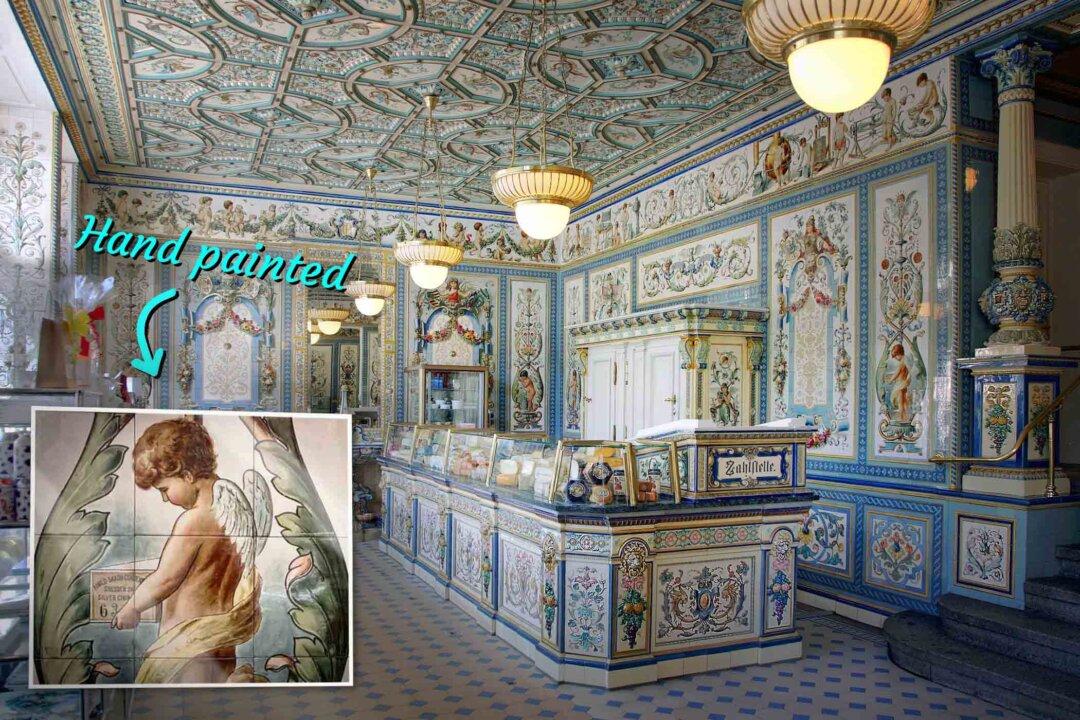Disclaimer: This article was published in 2023. Some information may no longer be current.
Along a street mostly unchanged since the 1700s in Dresden, a small nook is occupied by the most beautiful milk shop in the world. It was entered into the Guinness Book of Records in 1997.






